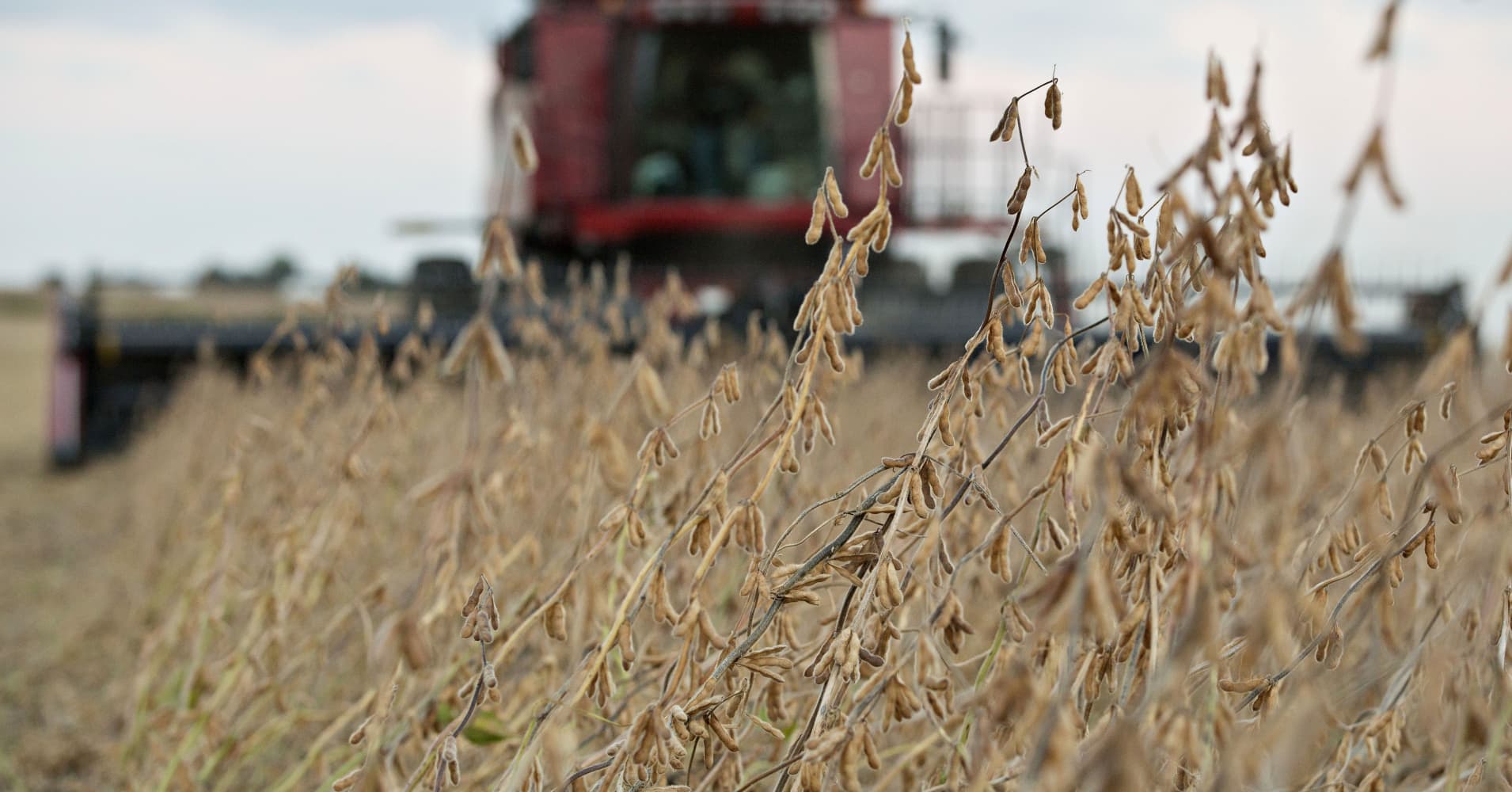
To be clear, some farmers support Trump’s strategy to hold China accountable on trade issues due to national security concerns but also worry about unintended consequences and the long-term impact it might have on access to China, a lucrative market with a growing middle class that is demanding more food.
At the same time, it creates a situation where global agriculture sellers such as the European Union, South America and others could potentially take share away from the United States in key agricultural commodities sold to China.
“Our corn farmers have worked for decades to support fair and open trade practices because we understand that trade is a two-way street,” said Texas farmer Wesley Spurlock, chairman of the National Corn Growers Association.
Experts point out that the White House has time to decide before the new round of tariffs on some 1,300 different imported goods — or about $50 billion worth of products — goes into effect since there will be a 30-day comment period for business interests and other parties. Also, that will be followed by up to 180 days for the president to decide before taking the next step to formalize the duties against the Chinese.
In early March, Trump unveiled a 25 percent duty on steel imports and 10 percent charge on aluminum imports, essentially targeting foreign suppliers such as China. That ultimately led to China’s finance ministry on Sunday unveiling retaliatory tariffs on up to 128 kinds of U.S. goods, including pork and fruit.
One in four hogs in the U.S. is exported overseas, and the Chinese are the world’s top consumers of pork. At about $1.1 billion, mainland China and Hong Kong together are the third-largest market for U.S. pork based on value. Last year, China was the second-largest volume market for the American pork industry after Mexico.
“There is scope for negotiation going forward,” said Dan Ikenson, director of trade policy studies at the Cato Institute, a libertarian think tank. “Maybe it’s easier to negotiate if you have on the table your big guns as well. This will certainly encourage the auto industry and soy farmers and Boeing to hang out in Washington and speak to policymakers until this is resolved.”
Be the first to comment